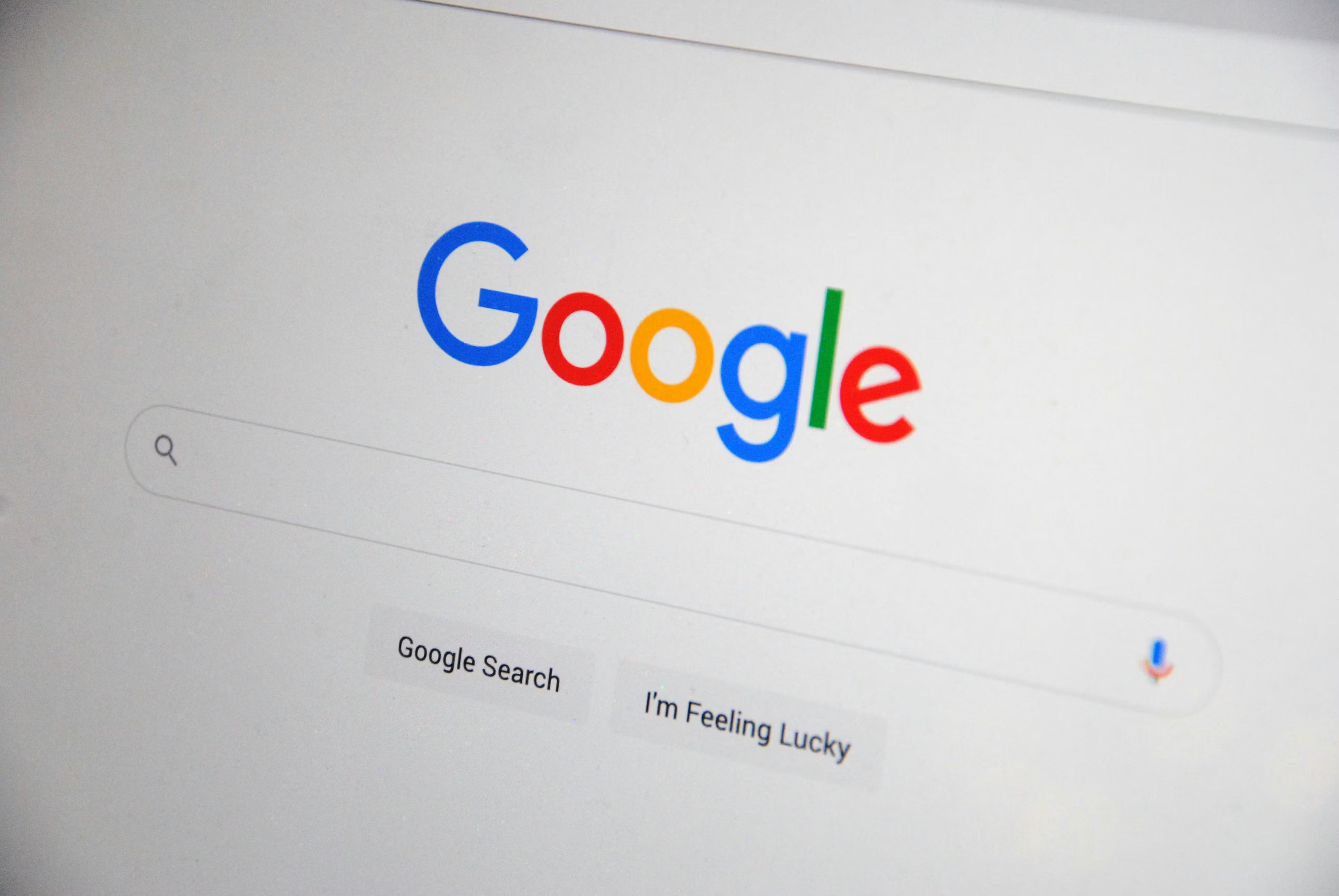What a distinction a altering regulatory setting makes.
Roughly 9 months after suggesting {that a} younger copy buying and selling platform might solely function as a result of it flew “underneath the radar” of regulators, Robinhood has introduced its personal entry into the house with “Robinhood Social,” a brand new function that can permit customers to comply with and manually replicate the trades of distinguished buyers.
The transfer represents a putting about-face for the web brokerage, which has traditionally been cautious about options that might entice regulatory scrutiny. The corporate famously ditched its celebratory digital confetti function forward of its 2021 IPO after regulators raised considerations about gamifying buying and selling, making its embrace of copy buying and selling, one other doubtlessly gamified function, all of the extra notable.
This wariness was on full show in December, when in a dialog with this editor about upstart copy buying and selling platform Dub, Robinhood CEO Vlad Tenev prompt that such platforms might function primarily due to their smaller dimension, proposing that “copy buying and selling might grow to be of better curiosity to regulators” and that Dub could not but be underneath the “magnifying glass” due to its “comparatively smaller dimension.”
Now Robinhood is betting that the regulatory panorama has modified sufficient to securely enter the copy buying and selling market.
The timing is especially notable given the pointed criticism Robinhood confronted earlier this 12 months from Dub’s 23-year-old founder Steven Wang, who has positioned his platform as a extra educationally centered various to conventional buying and selling apps.
“I’ve a variety of respect for what [CEO] Vlad [Tenev] has finished in making buying and selling free,” Wang instructed me again in February. “However on the finish of the day, making it tremendous straightforward to commerce with out professional steering, with out schooling, is admittedly simply playing for the broader inhabitants.”
Techcrunch occasion
San Francisco
|
October 27-29, 2025
Wang has persistently argued that Dub’s method — which incorporates danger scores, risk-adjusted returns, and portfolio stability metrics — represents a safer various to platforms like Robinhood. In his dialog with TechCrunch, Wang was additionally essential of Robinhood’s choice to supply meme cash like TRUMP, saying the incentives are “misaligned between these massive platforms which can be public corporations now that have to earn money.”
Tuesday’s information, introduced at Robinhood’s firm occasion earlier within the day, delivered to thoughts the likelihood that Robinhood had, the truth is, acquired four-year-old Dub, which formally launched simply final 12 months and has thus far raised $47 million in funding from buyers. However reached for remark, a Robinhood spokesperson responded through electronic mail, “No, this isn’t an acquisition, we’re constructing our personal platform in Robinhood.”
Mentioned Wang through electronic mail: “It’s validating to see Robinhood launch one thing in our house. It reveals they view what we’re constructing as threatening sufficient to their core enterprise that they really feel the necessity to copy parts of it.”
Wang added: “Their method may be very completely different. Robinhood Social is constructed for energetic merchants” whereas Dub is “constructed for a totally completely different viewers: The bulk of people that don’t have the time, expertise, or need to grow to be energetic merchants.”
Whether or not or not Robinhood sees it that manner, its model of copy buying and selling differs meaningfully from platforms like Dub and established gamers like eToro, which has supplied copy buying and selling to U.S. customers for years via its CopyTrader function. Whereas eToro permits automated copying of different merchants’ portfolios in real-time (with U.S. customers restricted to copying solely different U.S. merchants on account of laws), and Dub permits customers to robotically copy total portfolios for a $10 month-to-month subscription, Robinhood Social would require customers to manually replicate trades, a distinction which will assist handle regulatory considerations.
The platform, set to launch early subsequent 12 months, will function verified merchants and show the actions of well-known buyers and members of Congress. Not like the casual copy buying and selling that occurs on social media, Robinhood would require identification verification and proof of precise portfolio positions. The plan, in response to the corporate, is to first invite 10,000 Robinhood Social customers to check out the service earlier than rolling it out extra extensively.
The launch comes at a time when the regulatory panorama is quick evolving. Crypto corporations have been scrutinized closely underneath the Biden administration, whereas quite a few crypto corporations have grow to be publicly traded corporations in current months, their path eased by the Trump administration’s crypto-friendly stance. In the meantime, copy buying and selling — lengthy widespread in Europe however closely restricted within the U.S. — could also be gaining acceptance lastly.
Seen via that lens, Robinhood’s entry into copy buying and selling represents extra than simply one other function launch; it might sign the opening of floodgates for a wave of recent platforms. If Robinhood can efficiently negotiate the authorized panorama that has lengthy restricted copy buying and selling within the U.S., different fintech outfits appear more likely to comply with swimsuit. eToro’s profitable Could IPO, which raised $310 million and noticed shares surge 29% on their debut, has already demonstrated robust investor urge for food for copy buying and selling platforms.
Whether or not this potential wave is nice information or unhealthy for retail buyers — or it should principally serve to spice up fintech valuations — is an open query. For proper now, Robinhood’s shareholders are most likely the clearest winners.




























